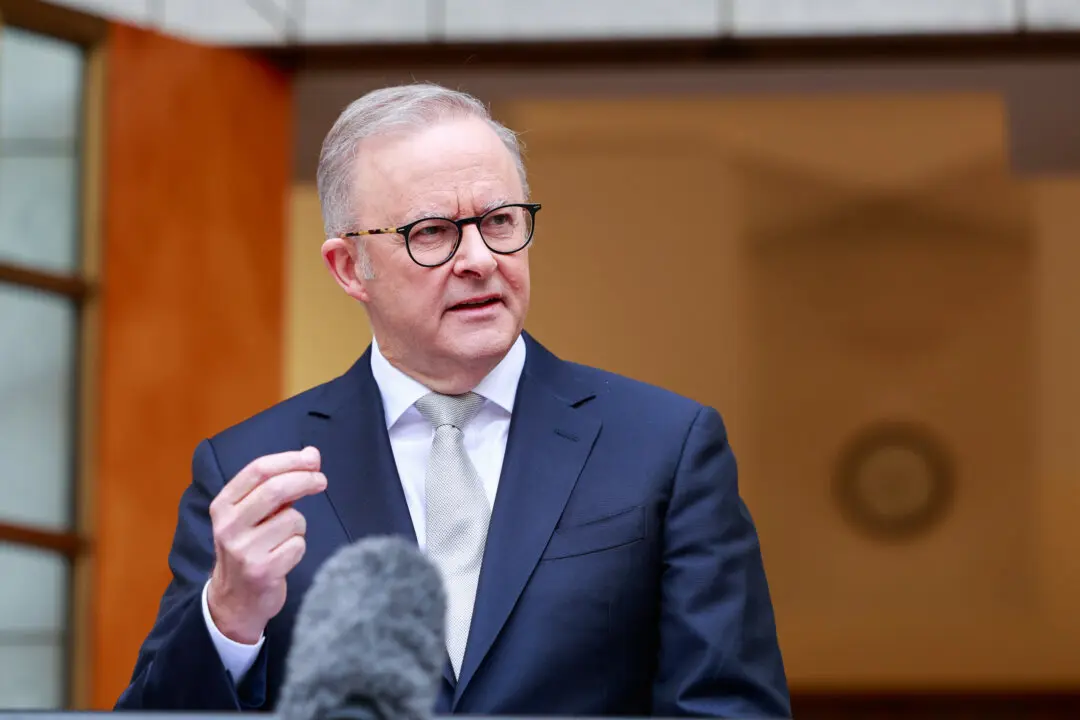The chief judge of the newly created Federal Circuit and Family Court of Australia (FCFCA) has issued a statement reaffirming the court is more than capable of handling sensitive divorce and child custody matters, as it faces a barrage of criticism from stakeholders in the former family law system.
Each year, Australians file over 106,000 new family law cases in the court system covering divorces, child custody, and property disputes, according to a PwC report (pdf).





